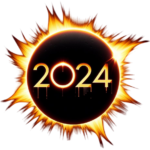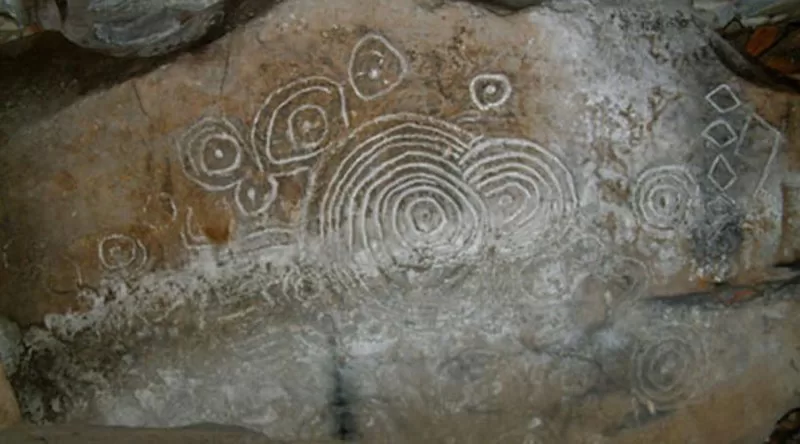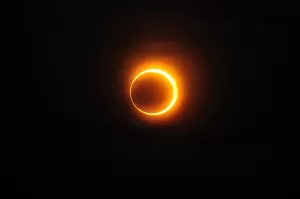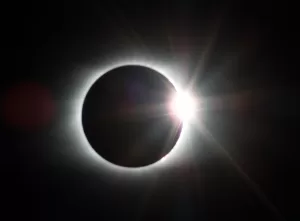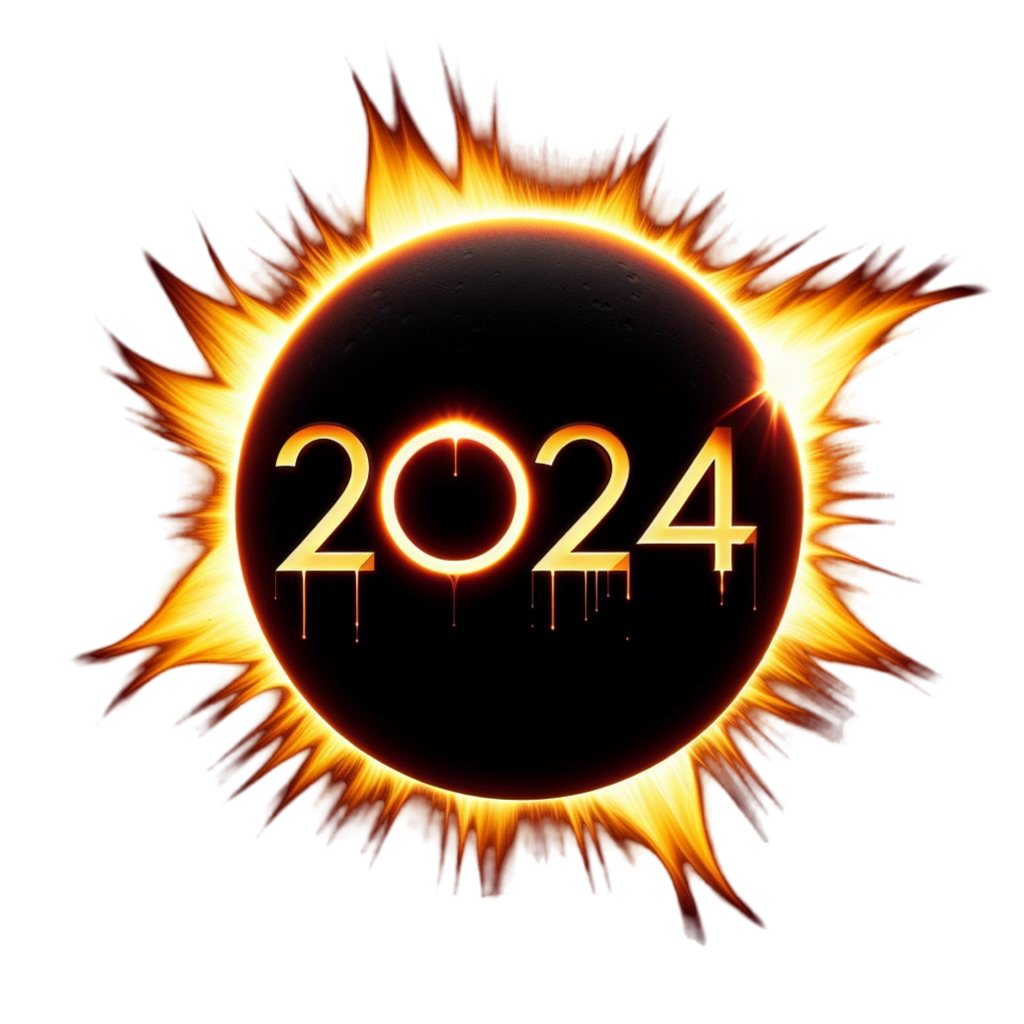Throughout history, solar eclipses have stood as monumental events, capturing the fascination and fear of civilizations across the globe. These celestial phenomena have not only been pivotal in the advancement of science but have also left a profound impact on the cultural fabric and historical narratives of societies. In this blog post, we’ll embark on a journey through time, exploring significant solar eclipses and their influence on scientific discovery, cultural interpretations, and historical events.
The Ancient World: Omens and Predictions
In ancient times, solar eclipses were often interpreted as ominous signs from the gods. The Babylonians, who were adept in mathematical astronomy, developed methods to predict eclipses and used them to foretell significant events, influencing rulers and empires. Their eclipse records are some of the earliest documented, showcasing their advanced understanding of celestial cycles.
Similarly, in ancient China, eclipses were seen as heavenly signs that could predict the future of the emperor and the nation. The Chinese believed that solar eclipses occurred when a celestial dragon devoured the Sun. Historically, the failure to predict an eclipse could lead to the execution of royal astronomers, as was the case after the eclipse of 2136 BCE, underscoring the significance placed on these events.
The Turning Point of Science: The Eclipse of Thales
One of the first recorded eclipses to mark a significant impact on science was the eclipse predicted by Thales of Miletus in 585 BCE. This event is particularly noteworthy because it reportedly halted a battle between the Lydians and the Medes, as the sudden darkness was interpreted as a divine sign encouraging peace. Thales’ prediction demonstrated the potential of scientific inquiry to understand and anticipate natural phenomena, laying foundational stones for the field of astronomy.
The Renaissance and Enlightenment: Eclipses and Empirical Science
The scientific revolution of the Renaissance and Enlightenment periods transformed the understanding of solar eclipses from mystical omens to phenomena that could be studied and explained through empirical observation and mathematics. The 1715 eclipse, predicted accurately by Edmund Halley in England, exemplified the era’s growing reliance on scientific method. Halley’s map and observations provided valuable data that helped refine the understanding of the Moon’s motion and the workings of the solar system.
Eclipses in Modern Science: Einstein and General Relativity
Perhaps one of the most groundbreaking moments in the history of eclipses occurred in 1919 when Sir Arthur Eddington observed a solar eclipse to test Albert Einstein’s theory of general relativity. The bending of starlight around the Sun, as predicted by Einstein, was observed during the eclipse, providing one of the first empirical validations of the theory of general relativity. This event not only marked a monumental leap in our understanding of gravity but also transformed Einstein into a household name.
Cultural Impact: Mythology, Art, and Literature
Beyond their scientific significance, solar eclipses have permeated cultural consciousness, inspiring myths, art, and literature. In many cultures, eclipses are depicted as battles between light and darkness, embodying themes of renewal, change, and the transient nature of life. They continue to inspire artists, writers, and filmmakers, reflecting humanity’s enduring fascination with the cosmos.
Conclusion
Solar eclipses have, throughout history, been a source of fear, wonder, and inspiration. They have propelled scientific advancements, shaped cultural narratives, and influenced historical outcomes. As we continue to study and experience these celestial events, the legacy of historical eclipses reminds us of our perpetual quest for understanding the universe and our place within it. Eclipses are not merely shadows crossing the Sun; they are beacons of knowledge, shedding light on our collective journey through the ages.
